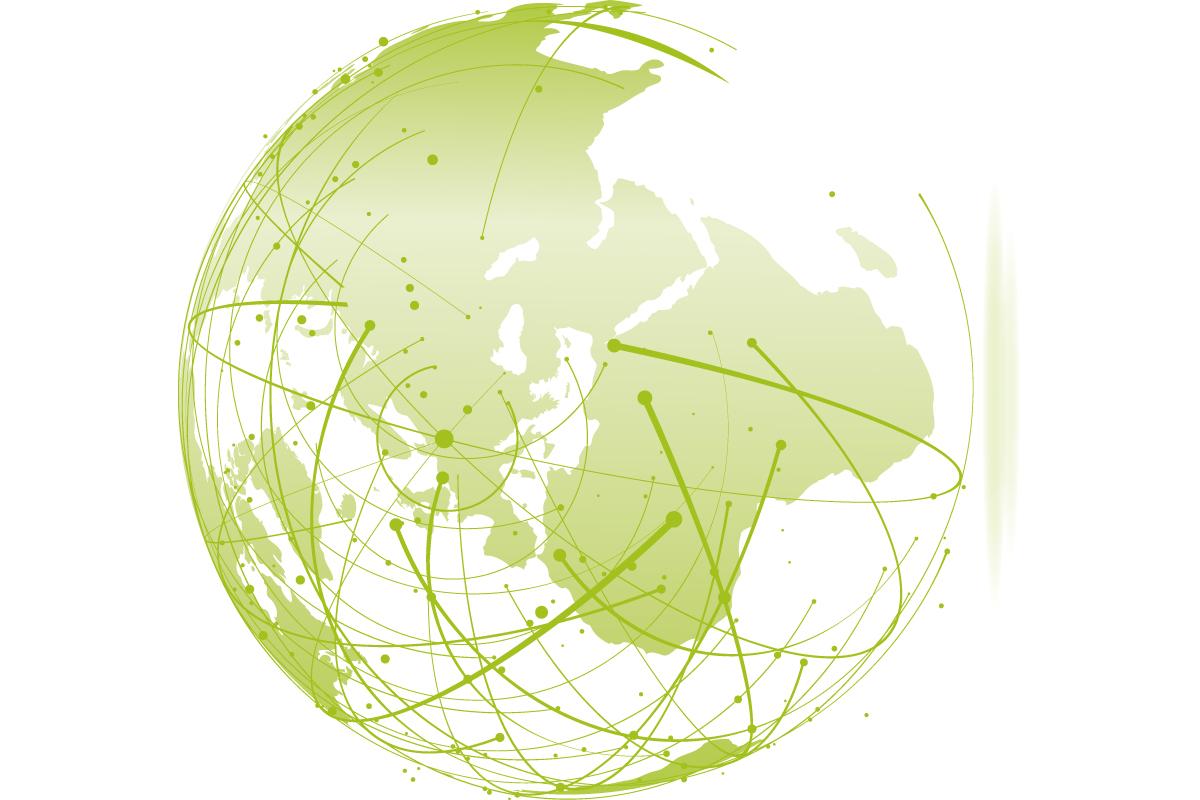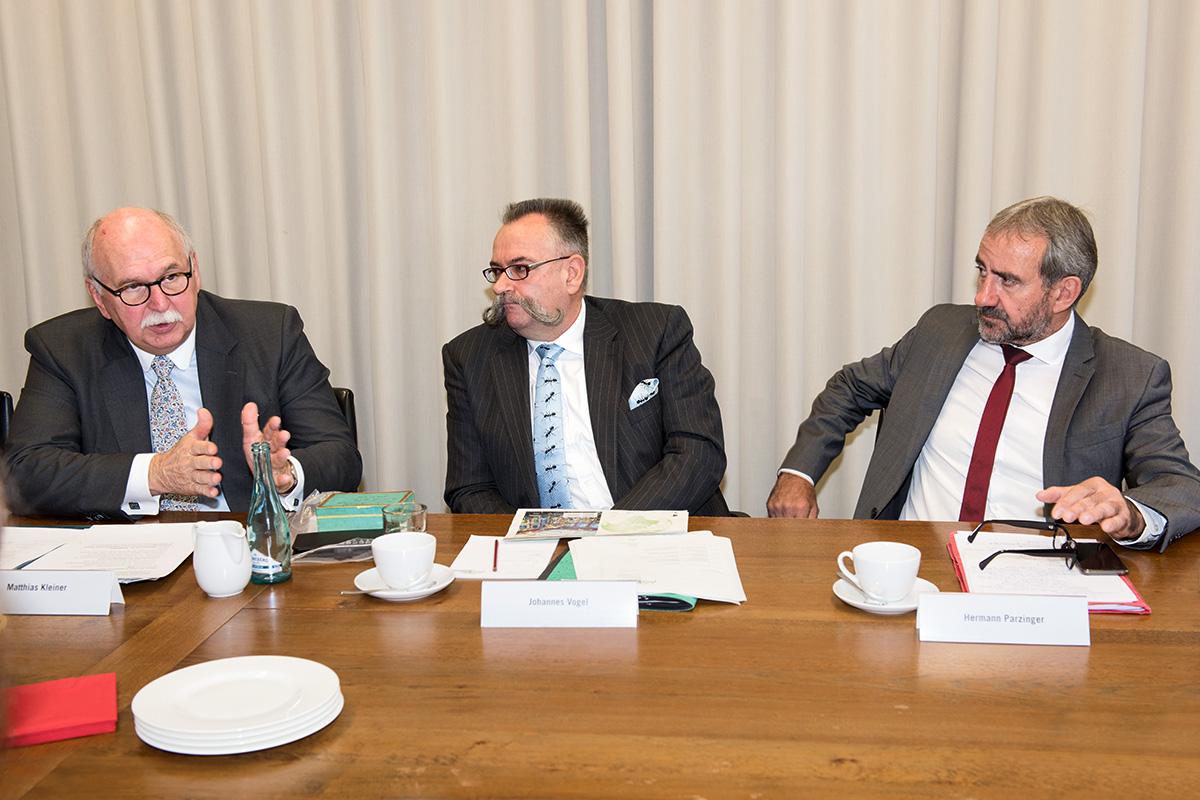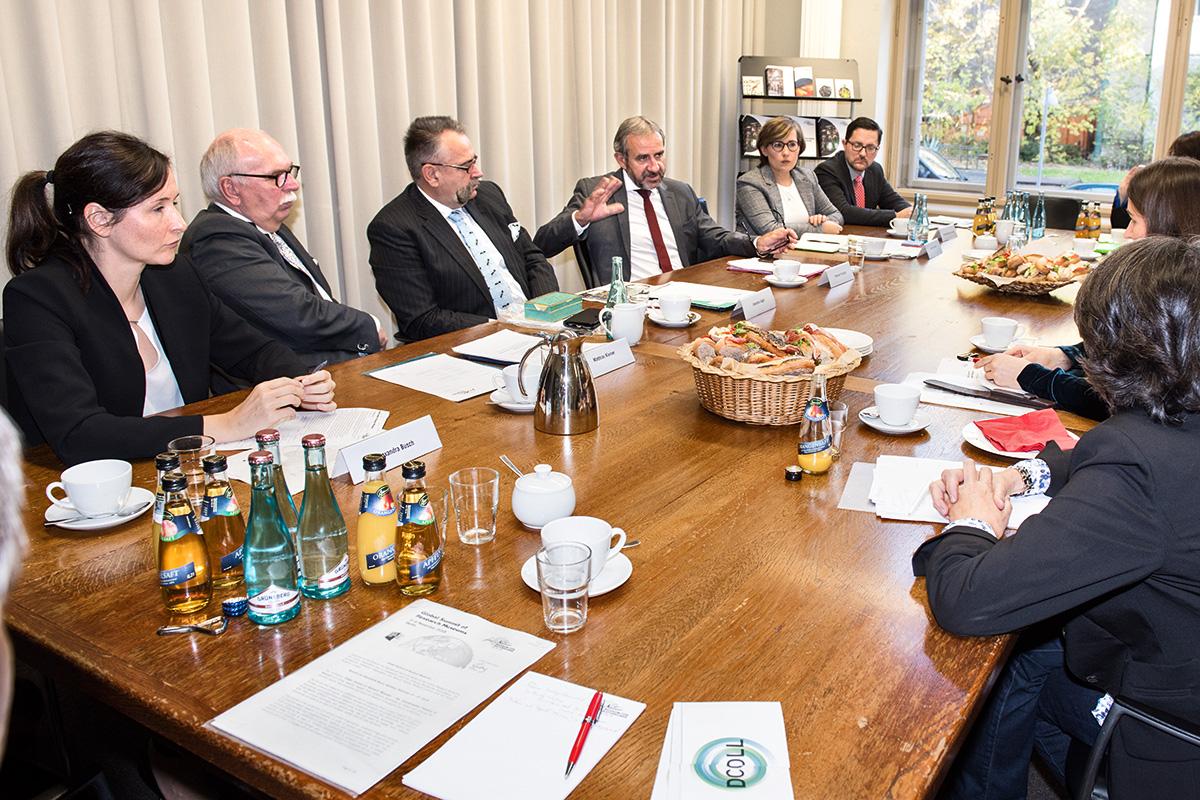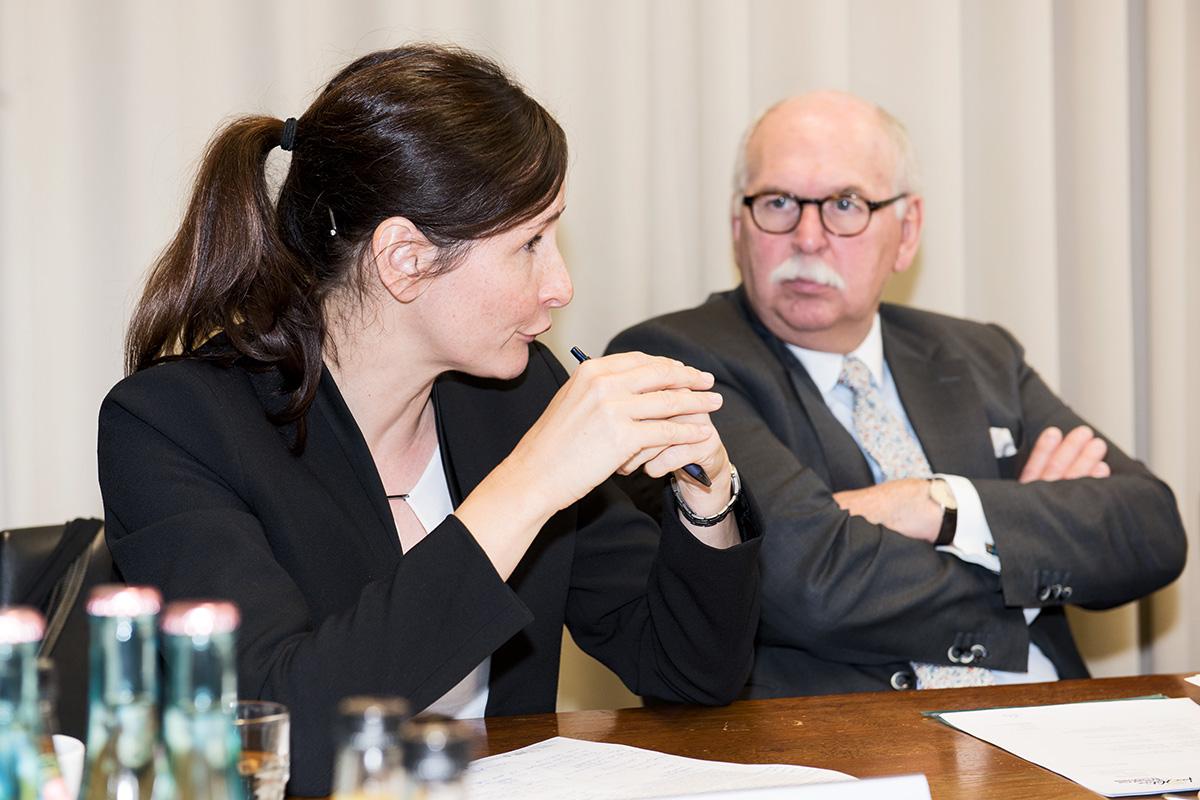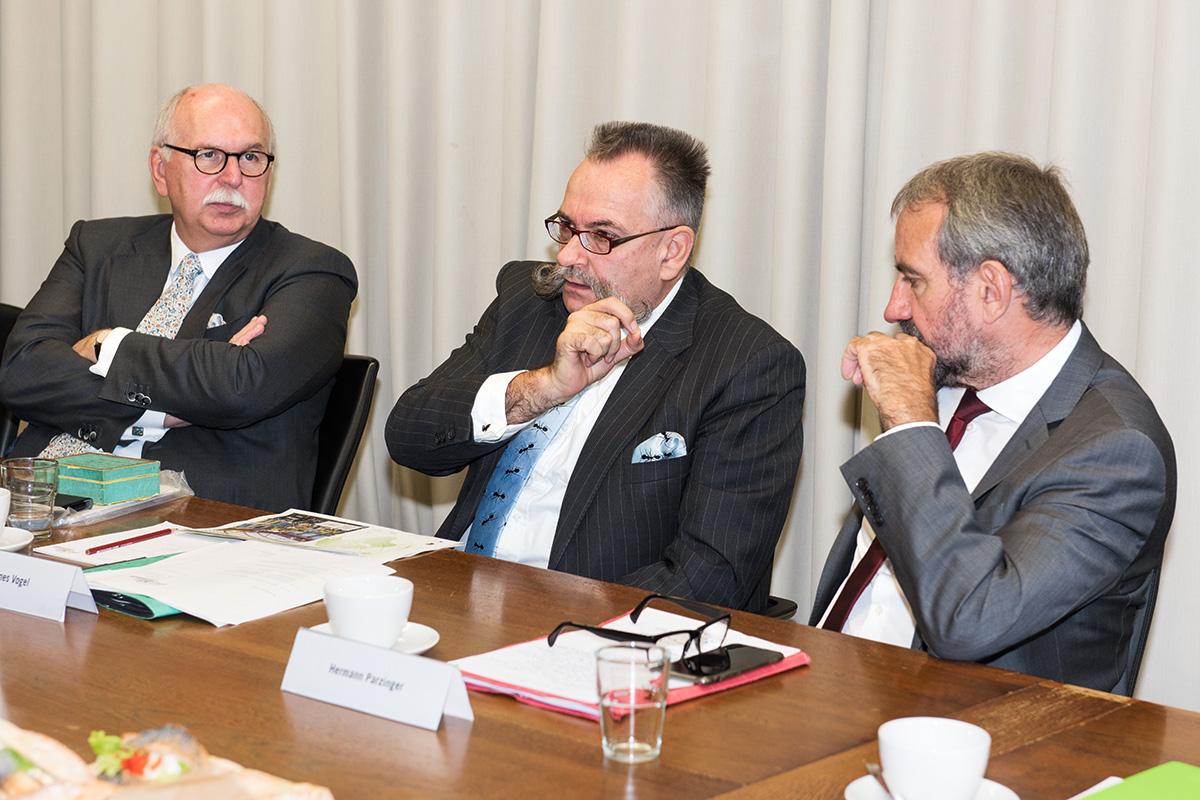We call ourselves a research museum – but what does that really mean? And what can a hundred-year-old bird’s nest tell us about the past, presence and future of climate and nature? How relevant is research in collections and museums for society?
Between the 4th and 6th of November, the Museum für Naturkunde will be holding a conference "Global Summit of Research Museums – the Transformative Potential of Research", bringing together representatives from internationally renowned research museums, including art, civilisation, humanities, technology and natural history. They discuss the current and future orientation of their research and exhibitions, societal changes and the responsibilities research museums have to safeguard the future of planet Earth.
"Climate change and the extinction of plants and animals are closely connected with global justice and, thus represent a destructive disequilibrium. This is why research museums from all over the world meet in Berlin, so they can respond to problems and take responsibility for tomorrow’s world", says Johannes Vogel, Director General of the Museum für Naturkunde and Leibniz Institute for Evolution and Biodiversity Research Berlin.
According to its initiator, the Global Summit of Research Museums is looking for solutions, for example when it comes to the Anthropocene, where humans have the most important impact on biological, geological and atmospheric processes on the Earth.
Matthias Kleiner, President of the Leibniz Association, talks about the significance of research in museums: "Research museums use the opportunities digitisation has to offer for education and for creating inventories for their collections, thus also making a contribution to safeguarding our cultural heritage for the future." However, preservation is not all – it is also important to make use of our cultural heritage, for instance in provenance research.
Hermann Parzinger, President of the Stiftung Preußischer Kulturbesitz (Prussian Cultural Heritage Foundation), says: "Cultural history museums and their multi-faceted research enable them to find answers not only to questions pertaining to the past, but also to the present. They must, however, open up to society and enter into a dialogue if they want to remain important players in the debate of current societal issues in the future and be part of the ongoing discourse."
"Research museums are led by the idea that access to knowledge and knowledge resources forms the basis of critical judgement, which is fundamentally important in today’s society. The basic objective of education by museums must therefore be to encourage reflection on our own action within our own cultural context. This will highlight the importance of research as a resource for the present and the future and make it clear that education in museums is an essential source of personal development", says Alexandra Busch, Director General of the Römisch-Germanisches Zentralmuseum – Leibniz Research Institute for Archaeology.
Museum representatives – 131 in all, coming from 91 institutions and 23 countries will assemble in Berlin. The "Global Summit of Research Museums" is organised under the auspices of the Museum für Naturkunde Berlin, representing the Leibniz Association, in collaboration with the Stiftung Preußischer Kulturbesitz (Prussian Cultural Heritage Foundation). Further co-operation partners are the Smithsonian Institution Washington, the Natural History Museum London and the British Museum, London. The conference is funded within the context of the Leibniz Research Museum Action Plan, supported by the Federal Ministry for Education and Research and the governments of the federal states Bavaria, Berlin, Bremen, Hesse, North Rhine-Westphalia and Rhineland-Palatinate.
Learn more: Global Summit of Research Museums II (2022)
